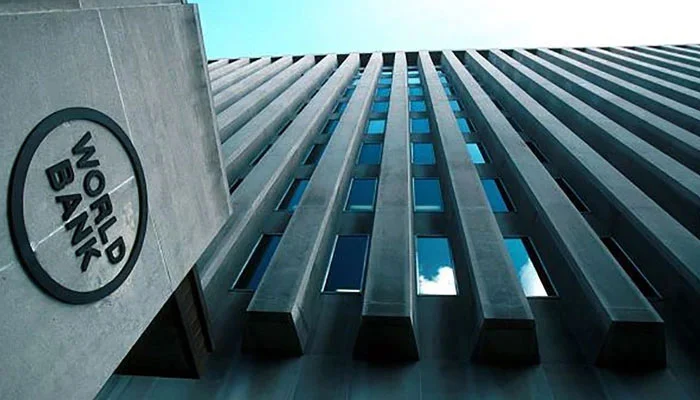ISLAMABAD The World Bank has maintained that Pakistan’s GDP growth predictions remain at 1.7% for the current fiscal year and 2.4% for the next, but it has cautioned that the unpredictability around elections may impede foreign investment in South Asian nations, including Pakistan, as reported by The News on Thursday.
Elections for national assemblies or parliaments are planned for 2024 in a number of SAR economies, including Bangladesh, Bhutan, India, Maldives, and Pakistan. The increased unpredictability surrounding these elections may stifle private sector activity, especially foreign investment. This might further disrupt and impair economic growth if combined with political or social turmoil and increased violence, according to the World Bank’s Global Economic Report.
Additionally,The lender has additionally issued a warning, stating that nations in weak fiscal conditions may see an increase in spending in the run-up to the elections, which might exacerbate their macro-fiscal risks. It did, however, clarify that following elections, initiatives aimed at strengthening growth potential and lowering uncertainty might help the situation.
The bank expressed a cautious view for Pakistan’s economy for the current fiscal year, predicting growth of 1.7%. It also predicts that fiscal policy would be contractionary due to pressure from large debt service obligations, and monetary policy will continue to be tight to control inflation.
The lackluster confidence resulting from political unrest will be a factor in the sluggish expansion of private demand. Growth is anticipated to accelerate to 2.4% in FY2024–2025 as inflationary pressure decreases.
Rising food costs would disproportionately impact the poor and the vulnerable, leading to increased poverty and inequality as poorer households spend more on food.
The risk is higher in nations under serious security challenges, like Afghanistan, and in those with small budgetary buffers to lessen negative effects, such Nepal and Pakistan. Furthermore, the escalation of the continuing violence in the Middle East may make food insecurity worse.
Several SAR economies, such as the Maldives, Pakistan, and Sri Lanka, have high external and fiscal finance needs, which makes them more susceptible to disruptions in the financial markets.







